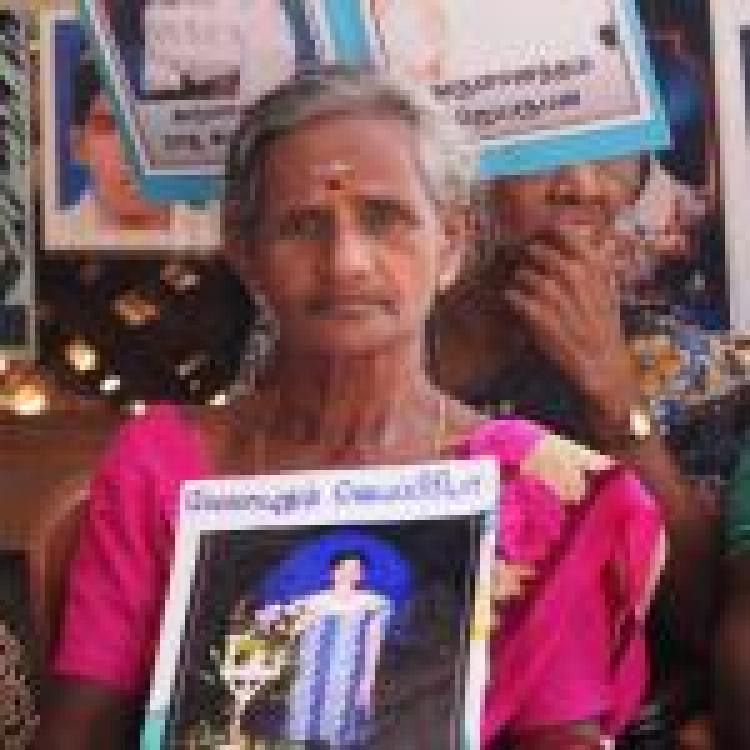The Sri Lankan Army has admitted to holding a military intelligence report on a Tamil journalist, a Right to Information Commission report has revealed.
The information was revealed during the proceedings of a Right to Information request submitted by Uthayan journalist Dileep Amuthan, when the Sri Lankan Army submitted that it was hesitant to release the requested information – about military hospitality ventures and the Haiti child sex abuse case – because of a Military Intelligence Report held about Mr Amuthan.
While Mr Amuthan accused the Sri Lankan Army of engaging in a background check on him merely because he had filed information requests, the Army responded that it had held an intelligence report on him prior to Mr Amuthan ever having engaged with the RTI Act.
The Sri Lankan Army said that since Mr Amuthan was a journalist, he could use information about military business ventures to “perpetuate a negative image of the Sri Lankan Army by showing that it is conducting such business ventures”, which could “eventually lead to an unnecessary conflict between the Sri Lankan Army and the Business Communities of the Northern and Eastern Provinces”. Such conflicts could affect the “defence of the State” and/or “national security”, and therefore the Army could deny the information request based on the exemptions in the RTI Act, the Army argued.
“We note particularly that the background of an Appellant or the purpose of an information request is not a relevant consideration under and in terms of the RTI Act to deny information,” the RTI Commission said.
Mr Amuthan had appealed to the RTI Commission after his information request was initially met with a request, on behalf of the Sri Lankan Army, for a copy of his National Identity Card attested by the village officer and Divisional Secretary, despite having already mentioned his NIC number on his information request.
First appealing to the Designated Officer, saying the NIC request was a delaying tactic or form of intimidation, he received a response stating that a copy of his NIC was necessary to assess his citizenship. That response was sent by the Additional Secretary (Parliamentary Affairs and Policies) on a Ministry of Defence letterhead.
Dissatisfied with this response, Mr Amuthan further appealed to the RTI Commission who informed the Ministry of Defence that when an appellant fills in an information request form, they are only requested to state whether they are a citizen, which can only be questioned further if there are objective grounds to doubt the appellant’s citizenship.
This question was answered by the [Ministry of Defence] to the effect that the said query had been posed by the earlier Information Officer and assured that the practice of routinely asking Appellants to produce identity cards will not be repeated in the future, the Commission said.

